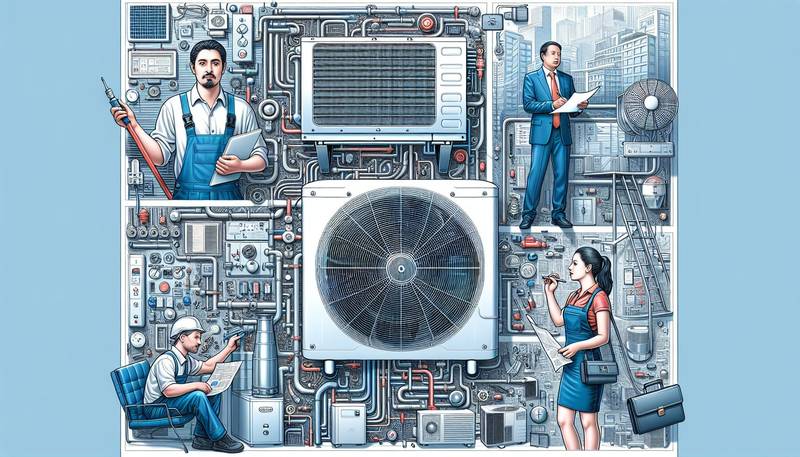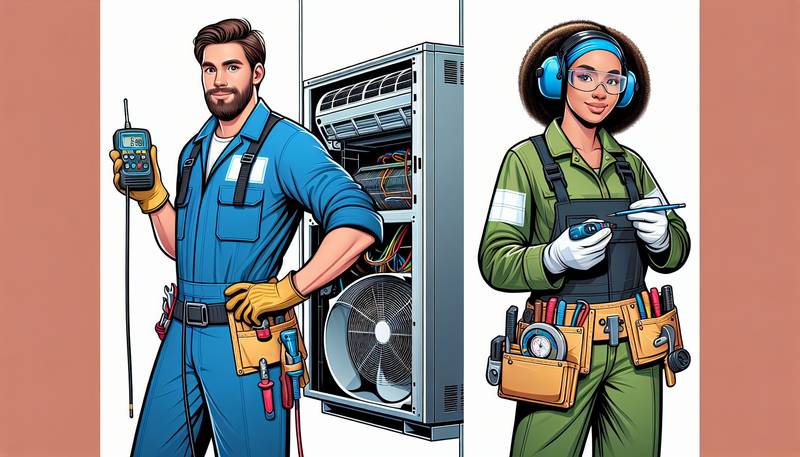From Classroom to Cooling System: Education Paths in Air Conditioning
Behind every well-functioning air conditioning system is a team of skilled professionals who design, install, maintain, and repair these systems. But how does one go from sitting in a classroom to working on a cooling system? In this article, we will explore the different paths one can take in education to enter the field of air conditioning.
Education Paths
There are several education paths one can take to enter the field of air conditioning. These paths can vary in length and depth of study, depending on the specific role one aims to fulfill within the industry. Some common educational paths include trade schools, community colleges, apprenticeships, and bachelor's degree programs.
Trade Schools
Trade schools offer comprehensive programs in heating, ventilation, air conditioning, and refrigeration (HVACR). These programs typically last anywhere from six months to two years and provide hands-on training in the installation, repair, and maintenance of air conditioning systems. Trade school graduates can enter the workforce quickly and start their careers as HVAC technicians.
Community Colleges
Community colleges often offer associate's degree programs in HVACR technology. These programs typically last two years and cover a wide range of topics, including electrical systems, refrigeration principles, and HVAC design. Graduates of community college programs may have a more in-depth understanding of air conditioning systems and may be eligible for higher-paying positions within the industry.
Apprenticeships
Apprenticeships are another common path to entering the field of air conditioning. Apprentices work alongside experienced technicians to gain practical, on-the-job training in HVAC installation, repair, and maintenance. Apprenticeship programs can last anywhere from three to five years, depending on the specific requirements of the program. Upon completion, apprentices are typically certified as journey-level technicians and can work independently in the field.
Bachelor's Degree Programs
For those looking to advance their careers in air conditioning, a bachelor's degree in mechanical engineering or HVAC engineering may be a good option. These programs typically last four years and provide a solid foundation in engineering principles, thermodynamics, and HVAC design. Graduates of bachelor's degree programs may pursue careers in system design, project management, or research and development within the air conditioning industry.
Certification and Licensing
Regardless of the educational path taken, most HVAC technicians are required to be certified and licensed in their state. Certification is typically obtained by passing an exam administered by a recognized industry organization, such as the North American Technician Excellence (NATE) or the Refrigeration Service Engineers Society (RSES). Licensing requirements vary by state but often include a combination of education, work experience, and passing an exam.
Conclusion
The field of air conditioning offers a wide range of opportunities for individuals with the right education and training. Whether you choose to attend a trade school, community college, apprenticeship, or bachelor's degree program, there are multiple paths to enter this rewarding industry. By obtaining the necessary education, gaining practical experience, and obtaining certification and licensing, you can build a successful career in air conditioning and contribute to the comfort and well-being of countless individuals and businesses.










